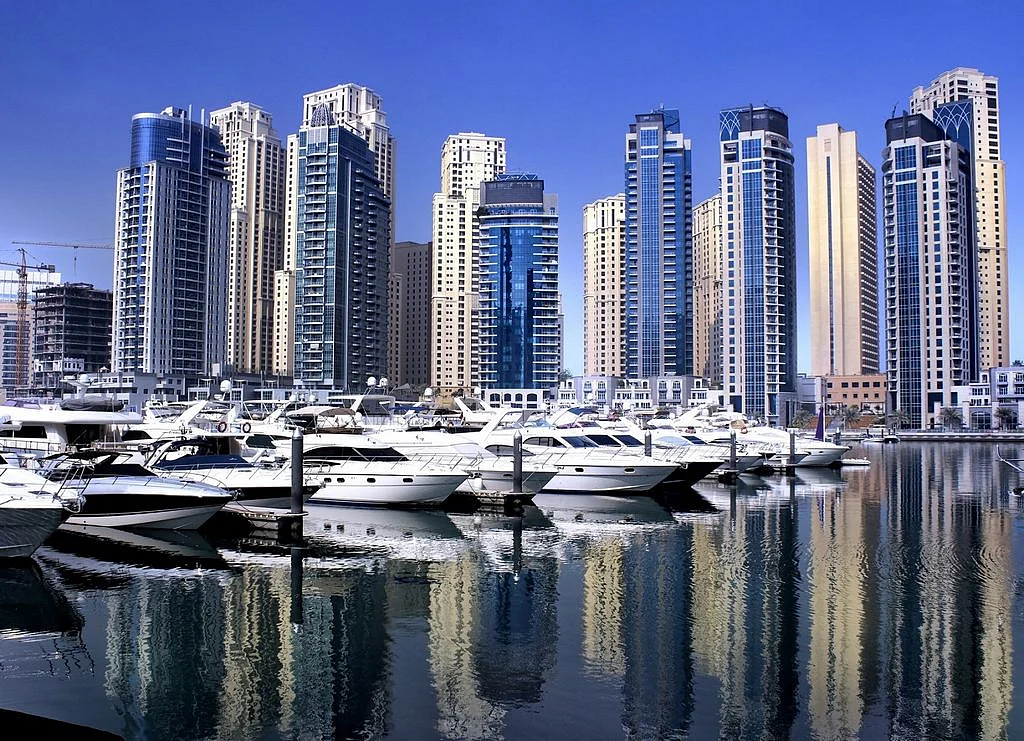
Dubai Ramps Up Housing Supply Apartment Boom And Villa Scarcity Define Q3 2025
Dubai's residential property market continued to expand in the third quarter of 2025, with a steady pace of new launches and completions aligned to the emirate's rising population and sustained investor appetite.
According to Savills' latest Dubai Residential Market Report, the city recorded over 10,000 new residential units launched in Q3 2025, reflecting confidence among developers while signalling a more measured approach to pipeline expansion compared to the peak launch cycles of recent years.
Recommended For YouApartments accounted for 97 per cent of all new launches during the quarter, the report notes, underscoring a broader structural shift in supply toward high-density communities where pricing, amenities and accessibility offer a compelling proposition for both end users and investors. By contrast, villa and townhouse launches were limited, a trend that is reinforcing scarcity value and supporting price resilience in the low-density segment.
Stay up to date with the latest news. Follow KT on WhatsApp Channels.
Savills highlights that the success of Phase 2 at Jumeirah Golf Estates - driven by strong demand for luxury lifestyle communities and attractive payment plan options - shows that appetite for well-positioned villa developments remains strong, even as the bulk of new supply sits in the apartment segment.
Approximately 8,500 new units were delivered in Q3, bringing the total number of completed units in 2025 to date to nearly 30,000, matching the entire volume delivered across 2024. A further 10,000 residential units are scheduled for completion in Q4, according to the Savills report, indicating that the supply pipeline remains deep and diversified.
Key completions in the quarter included Viridian by Meraas in Al Wasl; Palace Residences by Emaar in Dubai Creek Harbour, and Ellington House by Ellington in Dubai Hills Estate.
Looking ahead, Savills estimates that over 250,000 new residential units are planned for delivery by the end of 2028, positioning Dubai for what it describes as“dynamic market evolution” as the balance between supply and demand responds to demographic and lifestyle trends.
The report notes that Dubai's residential market continues to be supported by strong population inflows. Dubai's population surpassed four million in September, with projections suggesting it will reach five million by 2030, driven by job creation, global talent relocation programs and growth across aviation, tourism, logistics, financial services and new-economy sectors.
Alongside this, Henley & Partners forecasts that 9,800 high-net-worth individuals are expected to move to the UAE in 2025, the highest projected millionaire inflow globally.
Savills' Dynamic Wealth Index ranks Dubai as the world's top city for attracting and developing private wealth, citing its lifestyle appeal, tax-free environment, Golden Visa programme and ongoing regulatory reforms.
Dubai's prime market returned to more balanced activity in Q3 following an exceptional surge in Q2. According to Savills, approximately 1,500 transactions exceeded Dh10 million during the quarter, including around 500 off-plan deals, reflecting continued enthusiasm for new luxury developments.
Unlike the broader market, villas dominated prime residential activity, accounting for 73 per cent of all high-value transactions. This points to ongoing depth in the luxury villa segment, even as broader demand tilts toward apartments in mid-market and upper-mid-market communities.
Savills reports that average price per square foot reached new highs in Q3 for both apartments and villas, supported by the launch of luxury projects and continued demand from affluent buyers. At the same time, average capital values for apartments have remained broadly stable at approximately Dh1.9 million since early 2022, which Savills attributes to a shift toward smaller unit sizes in newer developments.
The average villa sale price remained above Dh7 million in Q3, up 24 per cent from the 2024 average of Dh5.75 million, reflecting constrained supply and sustained demand among wealthy residents and investors. Savills notes that while global macroeconomic volatility and shifting geopolitical dynamics may influence investment patterns in the near term, Dubai's residential market outlook remains largely positive.
The emirate's strengths - political stability, business-friendly regulation, infrastructure capacity and high quality of life - continue to drive population growth and inward investment.
According to market observers, with a robust construction pipeline, diversified housing supply and deepening end-user ownership trends, Dubai is entering a phase where residential market growth is increasingly rooted in structural demand rather than cyclical surges.
As Savills concludes, the sector is now“broadening in depth, maturity and long-term stability” - positioning Dubai as one of the world's most resilient and forward-moving residential markets.

Legal Disclaimer:
MENAFN provides the
information “as is” without warranty of any kind. We do not accept
any responsibility or liability for the accuracy, content, images,
videos, licenses, completeness, legality, or reliability of the information
contained in this article. If you have any complaints or copyright
issues related to this article, kindly contact the provider above.


















Comments
No comment